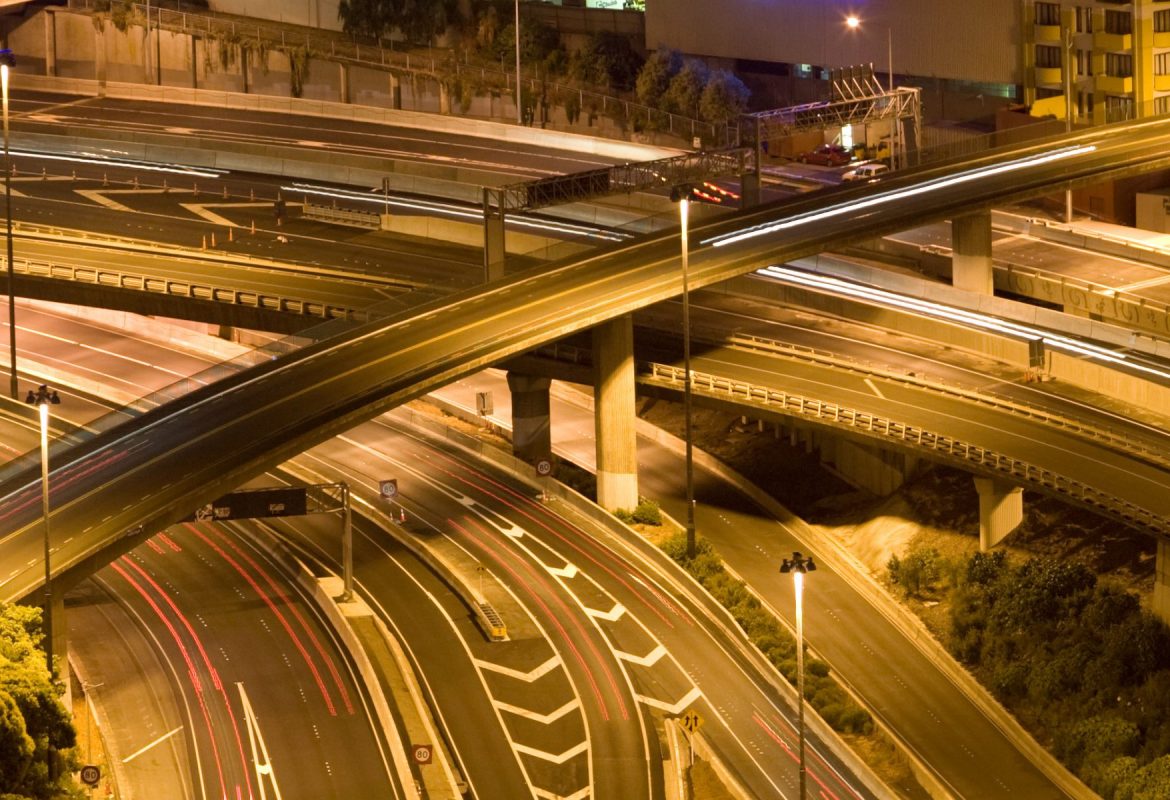The processes of transportation engineering and planning assume critical roles in forming the manner in which we move inside and between urban communities, affecting the proficiency, security, and supportability of our transportation systems. As metropolitan areas develop and populations develop, the significance of vital transportation configurations turns out to be progressively obvious, creating a landscape where portability isn’t simply a need but a perfectly tuned orchestra of interconnected components.
At the center of transportation engineering lies the unpredictable plan and the executives of foundations that work with the development of individuals and products. The always-expanding tool compartment of engineering strategies embraces development, integrating savvy innovations, supportable materials, and information-driven examination to make versatile and versatile transportation organizations.
Transportation planning supplements engineering endeavors by giving a more extensive point of view, enveloping land use, monetary turn of events, and ecological effect. Organizers work cooperatively with architects to foster thorough methodologies that adjust transportation systems to the advancing necessities and goals of networks. Reasonable metropolitan versatility, availability, and impartial transportation choices are central focuses in the planning system, guaranteeing that the subsequent transportation systems add to the general prosperity of the populace.
One of the huge difficulties tended to by transportation engineering and planning is the shift towards reasonable and eco-accommodating methods of transportation. By encouraging elective methods of transportation, urban communities try to diminish dependence on conventional, frequently carbon-serious, techniques, adding to a greener and more feasible future.
Additionally, the coming of brilliant innovations has changed transportation systems into dynamic, information-informed networks. Smart traffic control systems, continuous information examination, and prescient demonstration engage transportation experts to settle on informed choices, upgrade security, and enhance proficiency. These advancements work on the everyday drive as well as prepare for a mix of independent vehicles and other creative portability arrangements.
Through essential plans, manageable practices, and the reconciliation of state-of-the art advancements, these disciplines make dynamic transportation systems that move individuals and products productively, as well as add to the general bearableness and flexibility of our urban areas. As we explore the future, the cooperation among designers and organizers will keep on forming the manner in which we move, associating networks, and cultivating an economical and comprehensive metropolitan climate.
